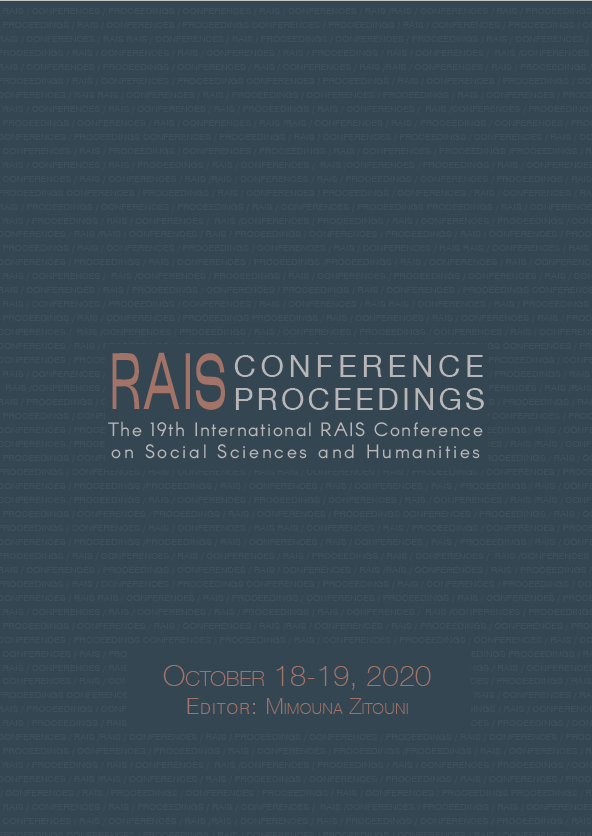General Principles of Legal Devolution Exceptions
General Principles of Legal Devolution Exceptions
Author(s): Adriana Tulus
Subject(s): Civil Law, Social development
Published by: Scientia Moralitas Research Institute
Keywords: succession, heirs; civil code; devolution; principles; exceptions;
Summary/Abstract: As far as my choice for this subject is concerned, I should say that I chose it because I considered that it concerns one of the most important institutions in succession matters being necessary in order to establish both the order of the coming to the inheritance among the classes of heirs, but also the priority of the coming to the inheritance of the relatives of the deceased who belong to the same class of heirs. The general principle of legal devolution means that basic rule, which is capable of wide-ranging application; a guiding idea, common to all legal relations aimed at legal development. The devolution of the inheritance is the attribution of the inheritance to certain heirs. By inheritance representation, a legal heir of a more distant degree, appointed representative, ascends, by law, to the rights of his ascendant, appointed representative, in order to reap the part of the inheritance which would have been due to him if he had not been unworthy of the deceased or deceased at the time of the opening of the inheritance. With regard to the term of “successors” and that of “heirs”, in the new Civil Code they designate the same person: the one called to the inheritance, but the term heir is preferred. The successor is sometimes used as a synonym for the term “heir”, but it is also used with a distinct meaning, also existing in the old Civil Code: that of heir who accepted the inheritance, who is in a situation of individuation with the other successors.
Book: Proceedings of the 19th International RAIS Conference on Social Sciences and Humanities
- Page Range: 144-152
- Page Count: 9
- Publication Year: 2020
- Language: English
- Content File-PDF

